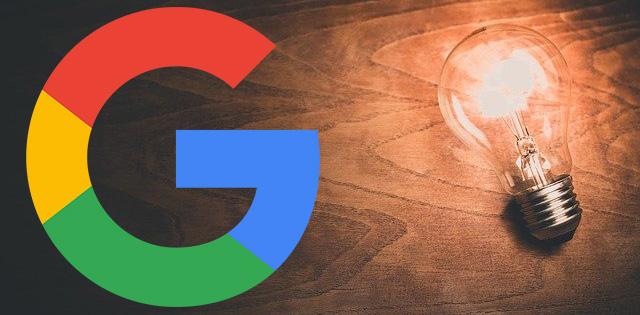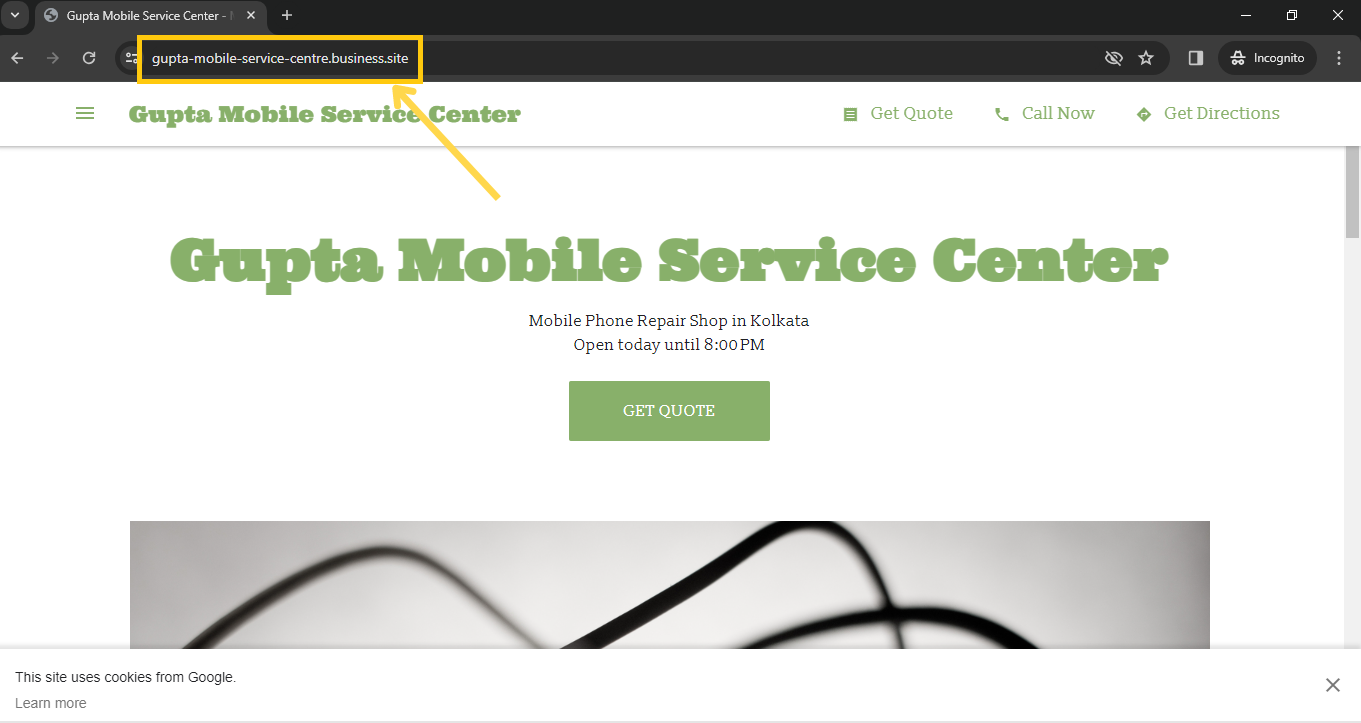
A canonical tag, also known as "rel canonical," is an HTML tag used in SEO (Search Engine Optimization) to indicate to search engines that a specific URL represents the primary or master copy of a page. It helps address the issue of duplicate content appearing on multiple URLs. The canonical tag specifies the preferred version of a URL that should be displayed in search results, allowing search engines to consolidate the link equity and avoid indexing duplicate content.
When search engines crawl websites, they may encounter multiple URLs with identical or similar content. This can lead to SEO problems, as search crawlers have to process and analyze duplicate content, which can dilute the ranking potential of a website's pages. By implementing canonical tags, website owners can guide search engines to the preferred URL and indicate which version should be considered the authoritative source.
Canonical tags are essential for SEO because they help prevent issues related to duplicate content and ensure that search engines index the correct URL. They enable website owners to consolidate the ranking signals and authority of duplicate or similar pages into a single canonical URL, improving the overall SEO performance of the website.
To implement a canonical tag, you need to include the following HTML code in the head section of the webpage:
<link rel="canonical" href="https://www.example.com/canonical-url" />```
In the `href` attribute, you specify the URL of the canonical version of the page, which is the preferred URL you want search engines to index. This indicates that the current page is a duplicate or similar version and should be treated as a copy of the canonical URL.
Canonical tags can be beneficial when you have different URLs pointing to the same content, such as printer-friendly versions, session IDs, or URL parameters. By using canonical tags, you can consolidate the ranking potential of those pages and avoid the negative impact of duplicate content on your website's SEO.
Canonical tags are essential for SEO because they help prevent issues related to duplicate content and ensure that search engines index the correct URL. They enable website owners to consolidate the ranking signals and authority of duplicate or similar pages into a single canonical URL, improving the overall SEO performance of the website.
It's important to note that canonical tags should be used correctly and consistently throughout your website to ensure their effectiveness. They should only be implemented when you have actual duplicate or similar content across multiple URLs, and the canonical URL you specify should contain the preferred version of the content.

It's not every day that a company makes a leap in the SEO world, but when they do, it's a story worth telling. A bustling ....

Recently, Google announced that they are retiring their seven-year-old Web Light webpage transcoding service that....

Google is discontinuing its webpage transcoding service, which was used to speed up sites on sluggish mobile connections.....

Google is constantly innovating and developing new features and services for its users.....

There were three essentials of human life: food, clothing, and shelter, but with the developing world, now one more element has created its own space in the essentials list, i.e., the Internet. ....

Metaverse Technology—Ever heard of it? Yes? Hearing tech CEOs like Satya Nadela and Mark Zuckerberg talk about it ....

Speak with our SEO Company Experts
Give us a Ring, e-Mail, WhatsApp, or Skype.